Over the weekend, Beijing said it was expanding its Air Defense Identification Zone to include the island chain, which is claimed by both Beijing and Tokyo but administered by Japan. The islands, the source of growing friction in the region, are known as the Diaoyu Islands in China and Senkaku Islands in Japan.
Defense officials earlier had promised that the U.S. would challenge the zone and would not comply with Chinese requirements to file a flight plan, radio frequency or transponder information.
The flight of the B-52s, based at Anderson Air Force Base in Guam, were part of a long planned exercise called Coral Lightening. The bombers were not armed and were not accompanied by escort planes.
Two U.S. B-52 strategic bombers enter China’s new Air Defense Identification Zone over disputed islands
Nov 26 2013 - Leave a Comment
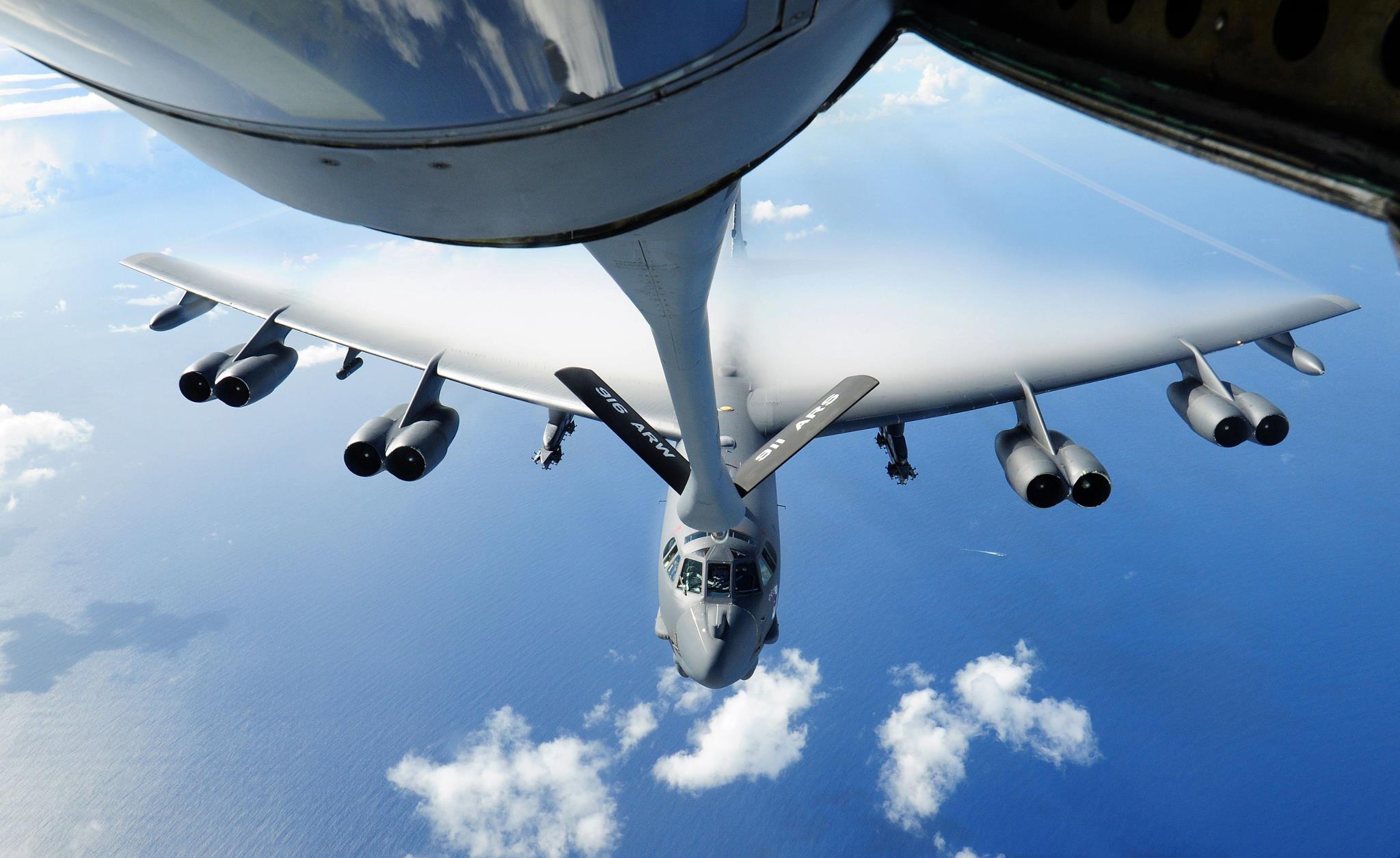
By David Cenciotti
A flight of two U.S. B-52 bombers have reportedly entered the new Air Defense Identification Zone (ADIZ) over East China Sea on Nov. 25 without informing Beijing, according to a U.S. official who spoke to the Wall Street Journal.
The two aircraft departed from Guam airbase and flew close to the disputed islands without complying with any of the rules set by Beijing for the new ADIZ over Diaoyu Islands (known as Senkaku islands in Japan).
The question is: did China’s air defense detect them? Did they try to intercept the two B-52s?
The two bombers, unarmed and not escorted by any fighter plane, were involved in a previous planned exercise dubbed “Coral Lightening”.
Even if the U.S. has already flown “extended deterrence” missions in the Asia-Pacific region in the past, this is an unprecedented direct challenge to China and its threats to Washington’s local allies.
US Bombers Challenge China’s Air Defense Identification Zone
Defying orders from Beijing, a pair of B-52 bombers fly over the Senkaku Islands without informing China on Monday.
By Zachary Keck
November 27, 2013
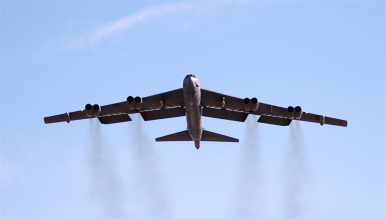
U.S. bombers challenged China’s recently established Air Defense Identification Zone (ADIZ) in the East China Sea, according to the Wall Street Journal.
In a report citing U.S. defense officials, the WSJ said that American B-52 bombers flew over the disputed Senkaku/Diaoyu Islands on Monday without informing Beijing ahead of time. The report said that the bombers took off from Anderson Air Force Base in Guam and entered into China’s new ADIZ around 7 PM local time on Monday. They were not armed or accompanied by any escort planes.
America maintained that the B-52s flight was part of a long-planned exercise called Coral Lightning.
Still, the flight represented a clear challenge to China, which announced it was establishing an East China Sea Air Defense Identification Zone (ADIZ) on Saturday morning. It later said that Chinese planes had begun patrolling the area.
As expected, the move to establish an ADIZ drew sharp rebukes from both Japan and the United States, with Defense Secretary Chuck Hagel saying that the United States views “this development as a destabilizing attempt to alter the status quo in the region.” Hagel added that “This unilateral action increases the risk of misunderstanding and miscalculations.”
In the official Pentagon press release, Hagel went on to say that “This announcement by the People’s Republic of China will not in any way change how the United States conducts military operations in the region.” Japan also said that it would not comply with the rules that Beijing announced it would be enforcing in the airspace covered by the ADIZ, which includes the Senkaku/Diaoyu Islands and overlaps with Japan’s own ADIZ. Tokyo also scrambled fighter jets in response to China’s patrols over the airspace.
China quickly responded to both Japan and the Pentagon’s comments. Toward the latter, Beijing called on the Pentagon to uphold Washington’s promise that it would not take sides on sovereignty disputes, and asked it to “stop making irresponsible comments.”
There has been some dispute among defense experts about whether China has the capability to actually enforce its conditions. Defense News quoted an unnamed U.S. defense industry source located in Asia as saying, “Let China run itself crazy trying to enforce this. I just can’t see how China will sustain the enforcement. Too much traffic goes through there. If no country recognizes it, [and] don’t respond to China’s IFF [identification friend or foe] interrogation or VID [visual identification], then this new ADIZ is meaningless.”
Notably, China’s announcement also won it the ire of South Korea, one of the few states in the region that Beijing had thus far avoided offending over sovereignty issues in the past few years. According to the Wall Street Journal, China’s new ADIZ overlaps with about 3,000 square kilometers of South Korea’s own ADIZ. It also encloses Ieodo (Suyan) Rock that South Korea administers but China also claims. Seoul and Beijing will discuss the issue an already scheduled vice defense ministerial-level strategic dialogue in the South Korean capital this week.





 Japanese nationalists carry national flags and placards during a rally over the Senkaku islands issue, known as the Diaoyu islands in China, in Tokyo on September 18, 2012. (AFP Photo/Yoshikazu Tsuno)
Japanese nationalists carry national flags and placards during a rally over the Senkaku islands issue, known as the Diaoyu islands in China, in Tokyo on September 18, 2012. (AFP Photo/Yoshikazu Tsuno) Japanese nationalists carry national flags and placards during a rally over the Senkaku islands issue, known as the Diaoyu islands in China, in Tokyo on September 18, 2012. (AFP Photo/Yoshikazu Tsuno)
Japanese nationalists carry national flags and placards during a rally over the Senkaku islands issue, known as the Diaoyu islands in China, in Tokyo on September 18, 2012. (AFP Photo/Yoshikazu Tsuno)


 Reply With Quote
Reply With Quote



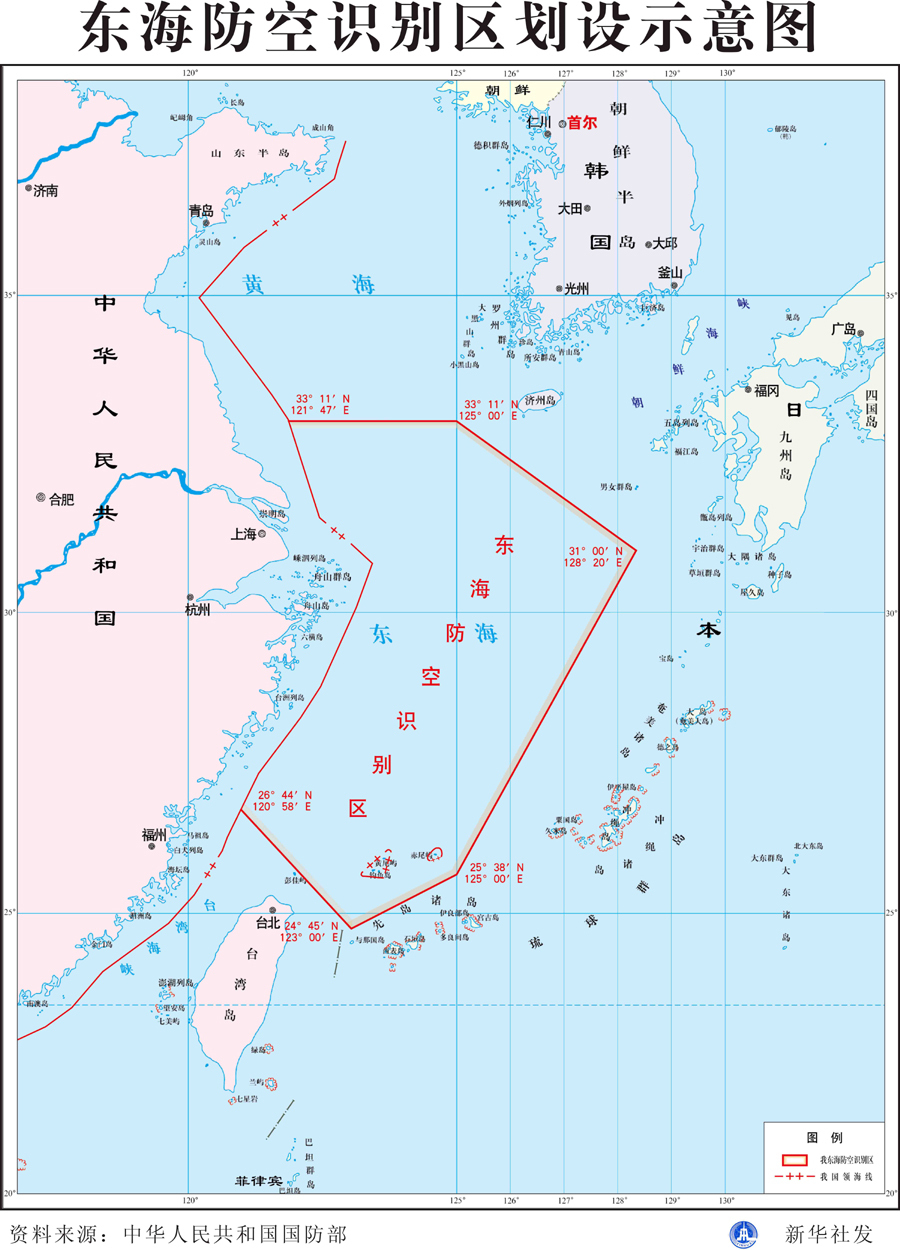
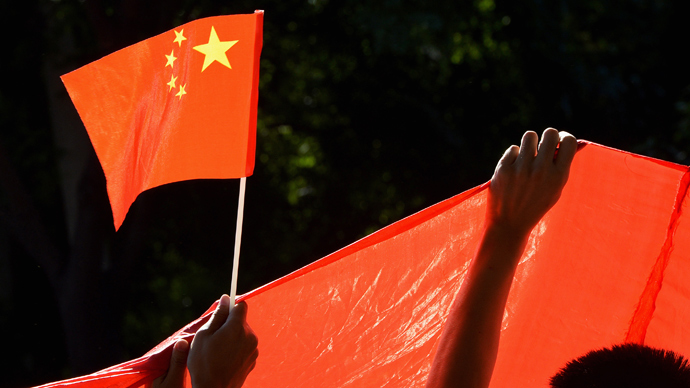



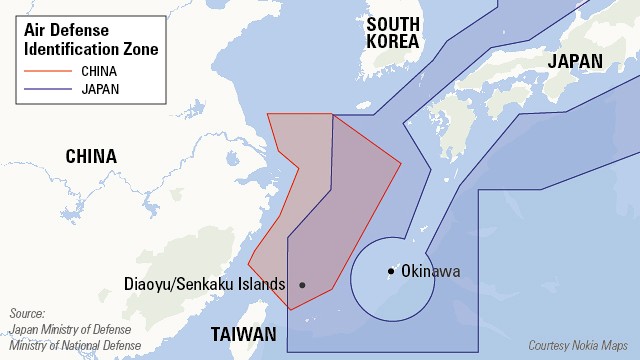
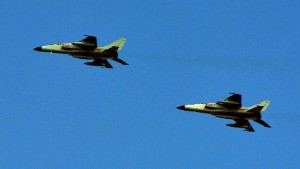
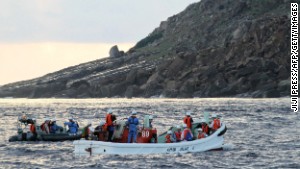
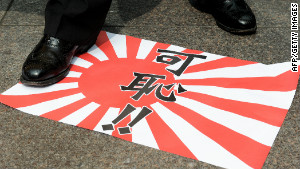
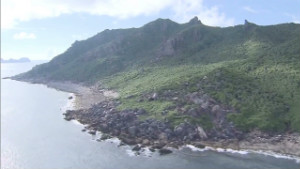
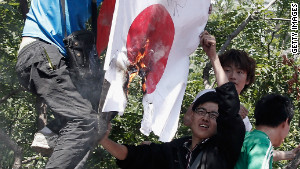
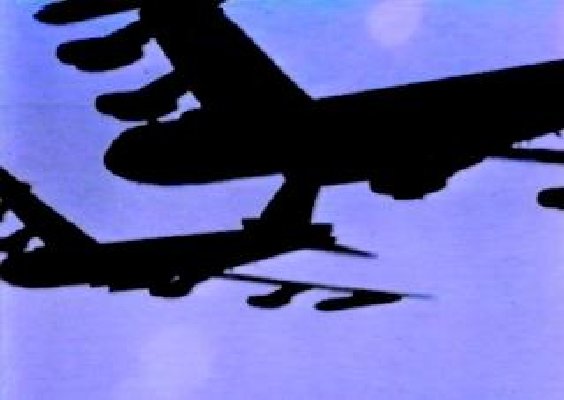


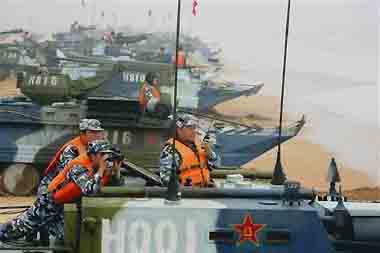








Bookmarks